The Supreme Court on Friday dismissed petitions by the Centre and others seeking a review of the Supreme Court 8:1 verdict of July 25 that gave the states power to levy cess on mining and mineral-use activities.
The court in the same in 8:1 majority today dismissed the petitions, with Justice BV Nagarathna disagreeing and saying a ‘case of review was made out’ and issued notice on review petitions.
Click here to connect with us on WhatsApp
The Centre in September had said there were several ‘errors apparent in the judgment’, and sought a review of the judgement of nine-judge bench.
The judgment of August 14 which allowed states to collect dues retrospectively on royalty on mineral-bearing land from Centre, mining companies from April 1, 2005 onwards was also challenged by the Centre.
The Court had said that the time for payment of demand for tax shall be staggered in instalments over a period of 12 years starting from April 1, 2026. “The time for payment of demand for tax shall be staggered in installments over a period of 12 years commencing from April 1, 2026,” the court said.
The Court also said that levy of interest and demand of penalty made on or before July 25, 2024, shall stand waived off.
The Centre had also reportedly roped in the state of Madhya Pradesh as co petitioner to review the July 25 judgment in an open court hearing.
Senior Advocate Rakesh Dwivedi, appearing for the mineral rich states such as Jharkhand, had sought early listing of pleas before a regular bench related to dues. Meanwhile, Solicitor General Tushar Mehta, appearing for Centre, and Senior Advocate Abhishek Manu Singhvi, appearing for Tata Group told the bench of filing a review petition of the July 25 judgment.
A review of the Constitution bench judgment? Chief Justice of India had exclaimed.
A Bench of Chief Justice of India(CJI) DY Chandrachud and Justices Hrishikesh Roy, Abhay S Oka, BV Nagarathna, JB Pardiwala, Manoj Misra, Ujjal Bhuyan, Satish Chandra Sharma, and Augustine George Masih had given the ruling on July 25.
Justice Nagarathna did not sign the judgment since she had dissented in the main judgment of July 25.
A nine-judge bench in 8:1 majority had on July 25 had held that States have the power to levy cess on mining and mineral-use activities. It also upheld that the royalty paid by mining operators to the Central government is not a tax.
The court in the 8:1 judgment also stated that states’ power to tax is not limited by Parliament’s Mines and Minerals (Development and Regulation) Act of 1957.
After the nine-judge bench of the Supreme Court gave its ruling on July 25 the court reserved its orders on whether the ruling should have a retrospective effect or prospective effect.
Senior advocate Rakesh Dwivedi, who appeared for Jharkhand, had argued that the judgment should apply retrospectively as applying it prospectively will mean laws enacted by the States before July 25 with regard to mineral taxes would be ineffective.
Meanwhile, Solicitor General Tushar Mehta, appearing for the Centre, argued that allowing retrospective demands by states would have a “cascading effect” on prices and ultimately the common man would bear the brunt, as almost all industries are dependent on minerals.
He said that the parties who had participated in the auction for mining leases had formulated their bids as per the 2015 amendment to the Mines and Minerals (Development and Regulation) Act. Hence, the retrospective application of the judgment will affect many industries, including the PSUs, and will result in filing of several cases, he had said.
The retrospective effect of the judgment was expected to impose severe financial repercussions on mining industries as bid rates and operational expenses would have to be calculated according to the rates existing at that time which could lead to a slew of new litigations.
First Published: Oct 04 2024 | 7:13 PM IST

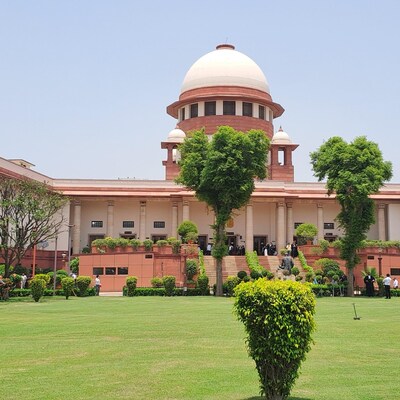
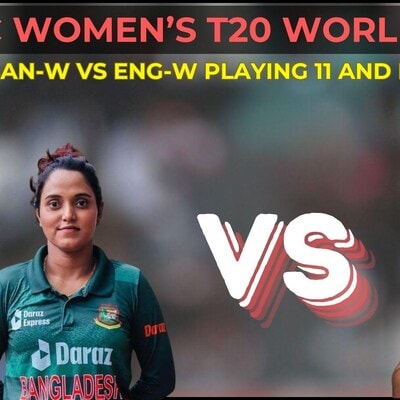


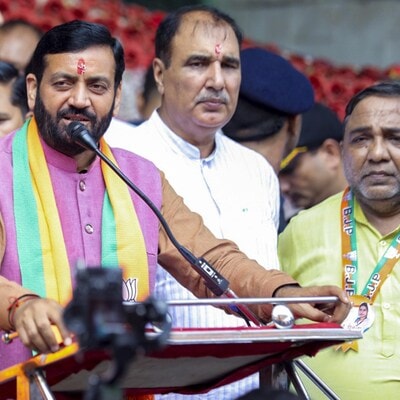
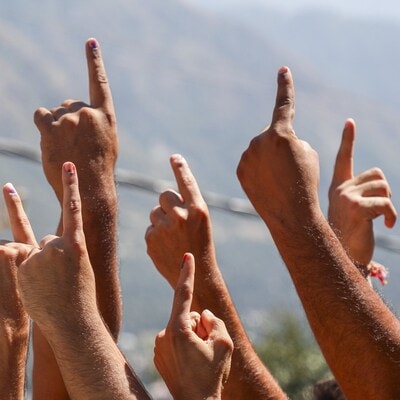
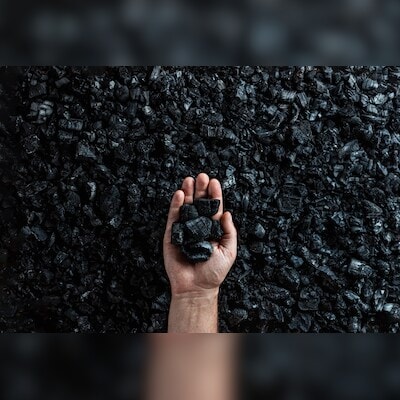

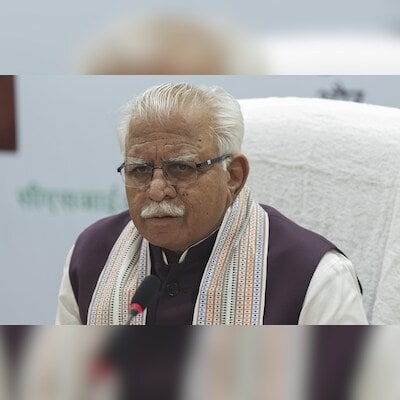
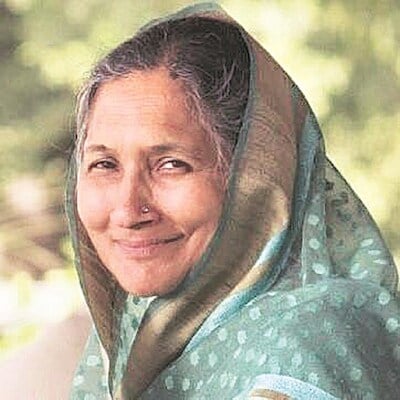


Leave a Reply